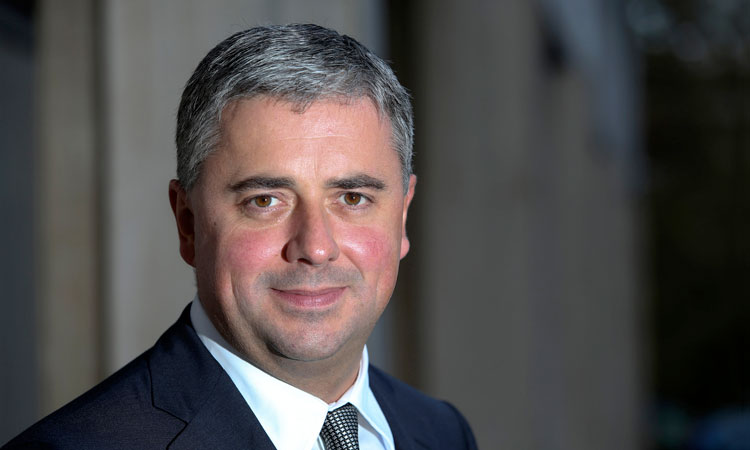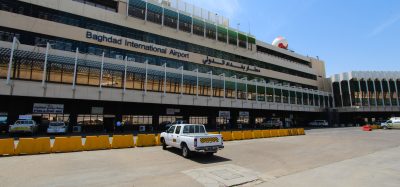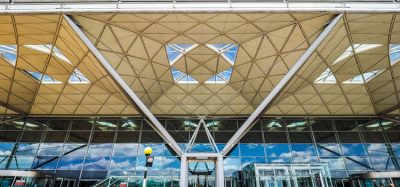An aviation ambition: Connecting people in a net-zero world
Posted: 10 December 2019 | Stewart Wingate | CEO | Gatwick Airport | No comments yet
Stewart Wingate, Chief Executive Officer of Gatwick Airport, details how many airports across the world are managing two competing tensions – meeting increasing passenger demand for connectivity, whilst ensuring that any growth is sustainable.


In the UK, the government has asked the country’s airports to explore how they might grow by making best use of existing airport runways. At Gatwick, we are taking this forward by seeking planning permission to bring our existing Northern Runway into routine use to deliver incremental growth. Former Prime Minister, Theresa May, legislated for the UK to become carbon net-zero by 2050. This is undoubtedly one of the most important challenges we face as a nation – and as a planet – and it is one that all industries must solve together.
At Gatwick we have a strong track record in sustainability. By purchasing renewable electricity and having a strong focus on energy efficiency, we have become carbon neutral and our ground-based facilities are already half way to net zero.
We have pledged to be a carbon net-zero airport by 2050, so we must keep this momentum going; increasing public transport use and encouraging the transition to electric vehicles.
Aviation however is global in nature and any solution to reduce the sector’s carbon emissions must also be global. In partnership with other industry players, airports can use their influence to promote an ambitious long-term, global approach to reduce aircraft emissions.
Government action will be key and can be a catalyst. Carefully thought out policies must be developed across the globe to encourage the necessary market innovations, investment and international cooperation. If this all happens, the future of aviation could be very different from today. It could be cleaner, quieter and smarter.
Competition and consumer purchasing power will help to drive this change. We are already seeing innovation in this space, with BA about to start offsetting carbon emissions on domestic flights and easyJet doing the same on all its flights already.
Gatwick’s aircraft fleet is already fuel efficient. As an industry, I am positive that we can move forward with hybrid and then electric engine technology for European flights. People in the industry are optimistic this can be done and easyJet and Airbus have just joined forces to analyse the opportunities and challenges surrounding hybrid and electric aircraft.
Long haul will be harder and some carriers are currently looking at carbon recapture, which involves converting carbon into ethanol and mixing it into airplane fuel. A Virgin Atlantic aircraft recently landed at Gatwick having flown using carbon recapture technology for the first time on a commercial flight. The flight was a landmark moment: Richard Branson said it helped to “demonstrate the art of the possible”. Other new technologies and innovations will be needed if the ambitious, but important net-zero 2050 target is to be met.
I believe that net-zero carbon emissions for aviation are within reach by 2050. Growth and sustainability do not need to be mutually exclusive challenges. With significant innovation, investment and ambition, it is possible for both to be accommodated in a net-zero world.

















